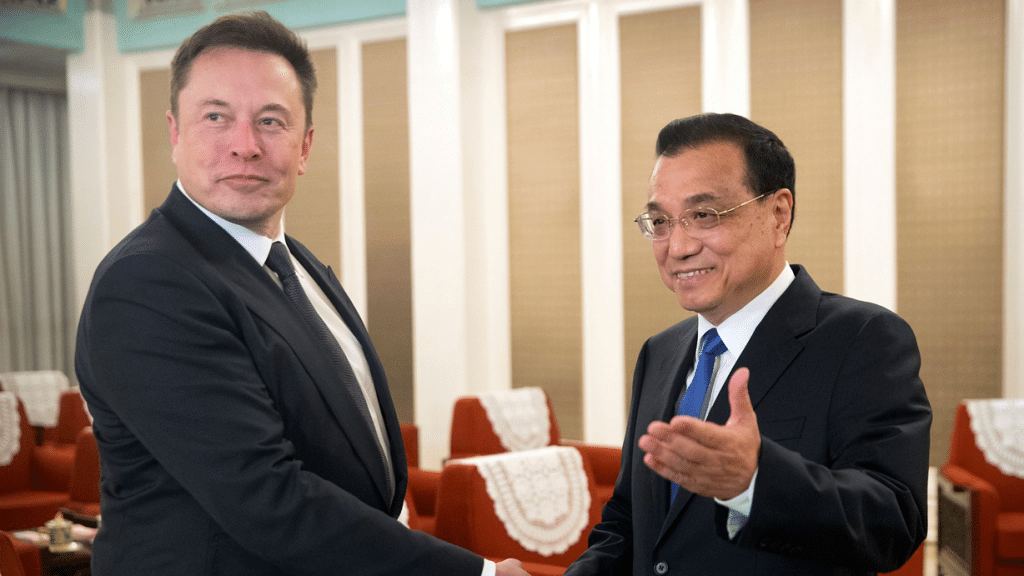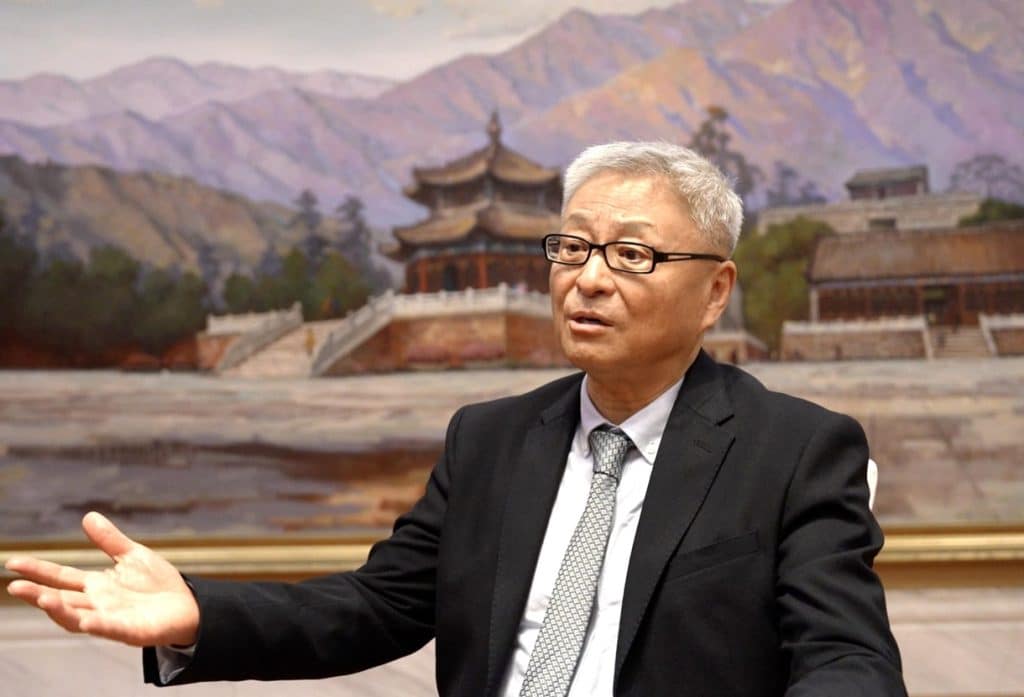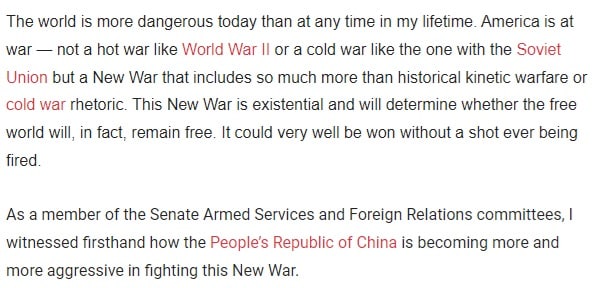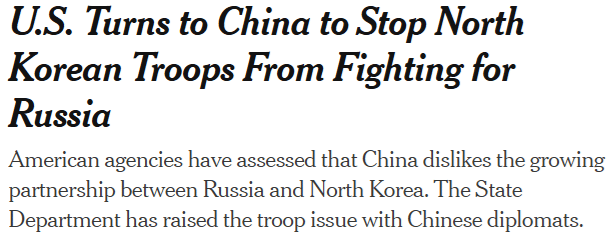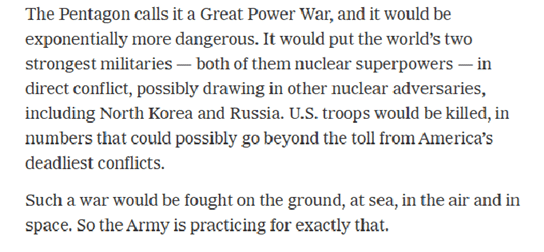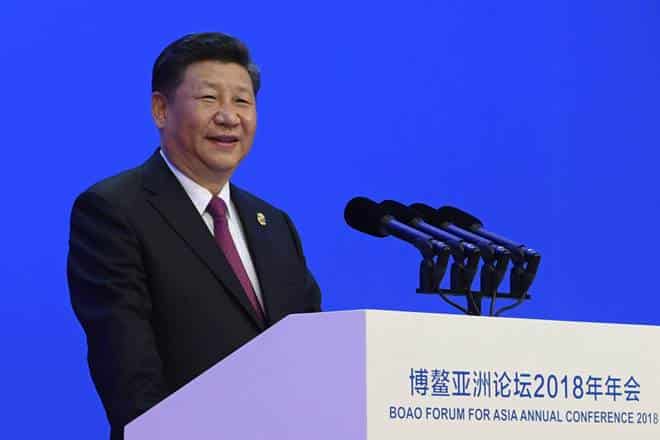Why China Policy Matters in New Hampshire
作者:Aaron Walayat, Alec Nash, and Yao Sun 来源:US-China Perception Monitor
The primaries in New Hampshire this past Tuesday (February 9) conformed to predictions while at the same time surprising many across the nation. New York businessman Donald Trump and Vermont Senator Bernie Sanders emerged victorious, as expected, in the Republican and Democratic primaries, respectively. However, Ohio Governor John Kasich surprised many by jumping from a virtual lost cause in the 2016 Republican bout to ranking second place in New Hampshire.
Interestingly, China policy seems to play an important and ignored role in the primaries in New Hampshire with the three big winners of the primaries, Trump, Sanders, and Kasich, all noted for their strong criticism of US-China relations as they stand. What role did China policy play in New Hampshire? Will it be important in other primaries? The general election? Only time will tell.
Unlike in Iowa, where “values” voters are a major voting bloc, NBC exit polls showed that 32% of voters in the New Hampshire consider the economy the most important issue in the primary, concerned with a number of real and perceived threats to employment.
For these voters, China, whether real or perceived, is a threat to American jobs. New York businessman Donald Trump, the Republican victor of the New Hampshire primary, is a strong critic of China, expressing his plans to label China a currency manipulator, combat intellectual property violations, eliminate unfair trade advantages like export subsidies, and take on more aggressive negotiations against China. In his New Hampshire victory speech, Trump went on to promise a stronger American through trade, specifically citing China, Japan, and Mexico that a Trump-led America would be able to “beat.” However, while Trump has made his verbose opinions on China clear, it is quite telling that two other candidates with statements that reveal a tough China policy.
Last Tuesday, Ohio Governor John Kasich surprised pollsters by coming in second place in New Hampshire’s Republican primary following heavy campaigning in the state. The Council on Foreign Relations claims that the Kasich sees Beijing as “more [adversary] than [friend].” In a July Meet the Press interview, Governor Kasich advocated, “sending some forces” into the South China Sea to “make it clear [the Chinese] don’t own it.” Kasich shares the concerns of the Chinese government’s ability to set the Yuan against the dollar and to halt stock trading. In a January debate, Kasich also agreed with Trump’s call for renewing tariffs on imported Chinese goods. Kasich’s China policy mirror’s the real estate tycoon’s so much that the right-leaning National Review, a noted critic of Trump, even noted the possibility of a Trump/Kasich ticket in November.
On the Democratic side, Vermont Senator Bernie Sanders triumphed over Democratic favorite, Hillary Clinton. Sanders, has been adamant of his opinions on US-China relations. Sanders has expressed his strong opposition to the current state of the US-China relationship on multiple fronts. To the surprise of many voters, Sanders agrees with Trump and Kasich, arguing that the United States’ free-trade policy with China is partly to blame for rising unemployment and inequality. Sanders, an opponent of free trade of any sort, has repeatedly rejected any sort of free trade with China, has decried China as a currency manipulator and supported extra tariffs on China. Sanders, to the support of many, has also clung to ideological points, condemning China’s human rights record and supported free democratic elections in China, all to the dismay of Beijing.
Hillary Clinton. the former Secretary of State, has a mixed record on US-China relations with an approach leaning towards pragmatism, and is more experienced in foreign policy than any other candidate. Clinton has openly criticized Chinese President Xi Jinping’s speech on women’s rights at the UN conference in 2015, calling it “shameless”. She has commented on the inflexibility of Chinese foreign policy.The Chinese people know well about Clinton because of her engagement with Beijing on various disputes. Besides human rights issues, which influenced her China policy since 1990s, Clinton has been taking tough lines on China. She harshly criticized Beijing of hacking into email accounts of human rights activists and dissidents and her comments on South China Sea disputes have irritated Beijing.
New Hampshire’s primary has chosen critics of China from both parties. Eamonn Fingleton of Forbes boldly claims that China was the common denominator in New Hampshire: that Trump and Sanders’ shared opposition to the United States’ free trade policy with China resonated with the voters of New Hampshire. The Economic Policy Institute has calculated that New Hampshire lost the highest percentage of jobs due to China’s trade policies with the United States (2.94%), much more than any other state, losing over 37,000 manufacturing jobs from 2000 to 2015. Whether or not these jobs were “lost to China,” there is clearly growing fear of Chinese-influenced job loss which could have be an influencing factor when New Hampshire voters went to the ballot box last Tuesday.
No matter how the “tough-on-China” rhetoric looks like, whether or not the candidates will stick to it is biggest question. Just as President Bill Clinton’s promise to “never coddle tyrants, from Baghdad to Beijing” shifted into a separation of trade and human rights in his China policy, much of a candidate’s aggressiveness toward China is more bluff than any real action.
By ALEC NASH, YAO SUN, and AARON WALAYAT on USCNPM
来源时间:2018/4/5 发布时间:2016/2/11
旧文章ID:15786


